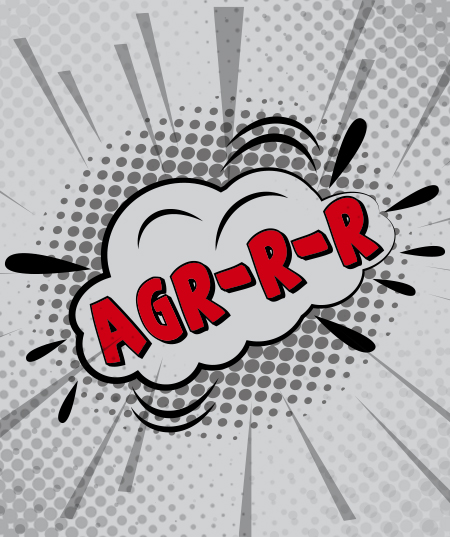 It’s important for children to play with their speech.
It’s important for children to play with their speech.
As your child learns to speak, it is normal for them to make mistakes or play with their speech. It’s very healthy and how they acquire language.
Speech skills develop over time, and children master certain sounds at each age. Typical speech sounds and processes are fully developed between 6 and 7. When this does not happen, there may be resulting speech sound disorders.
There are two types – articulation and phonological processing disorders.
An articulation disorder is an inability to say certain speech sounds correctly at a specific age. Sounds may be dropped, distorted, added, or omitted.
Articulation disorders that go untreated may increase a child’s risk of difficulty in speaking, learning vocabulary, reading, and writing.
Producing articulate speech requires the right timing and the proper tandem teamwork of the tongue and lips.
One of the most common sounds that is distorted is the very misunderstood ‘R.’ Thousands of children with distorted ‘R’s are left untreated because many times it’s noted as “mild,” “it’ll fix itself with time,” or the assigned therapist was not a good fit and did not really understand HOW to address ‘R.’
 Let’s take on the ‘R’ and other articulation issues.
Let’s take on the ‘R’ and other articulation issues.
While training to articulate is challenging, I love working with ‘R’ specifically. There are specific, successful exercises and techniques that I teach to improve the timing and placement of the articulating parts to increase speech intelligibility.
‘R’ is the most difficult sound, but it can be done! Did you know everyone says it slightly differently? No wonder why it’s so hard!
If you’ve had a bad experience with it, let’s talk. There are so many components that go into this one sound.
Addressing any articulation difficulties at a young age is the best bet you’re setting your child up for strong reading, writing, and learning abilities. Don’t wait!
I offer a free 15-minute phone consultation to talk about how I can help.
Call today at (757) 529-0600.

